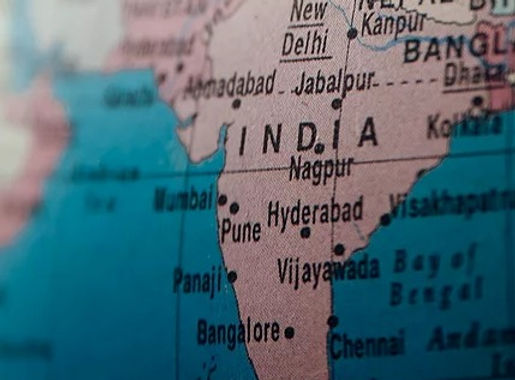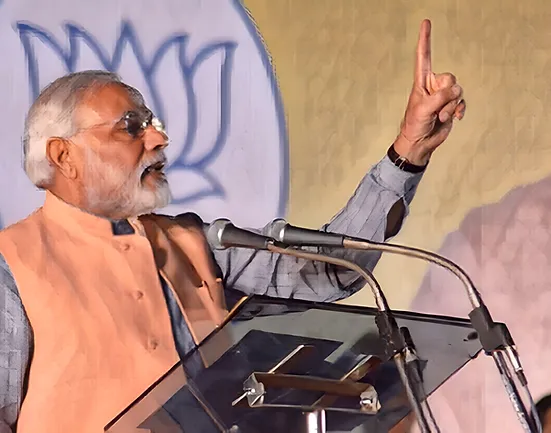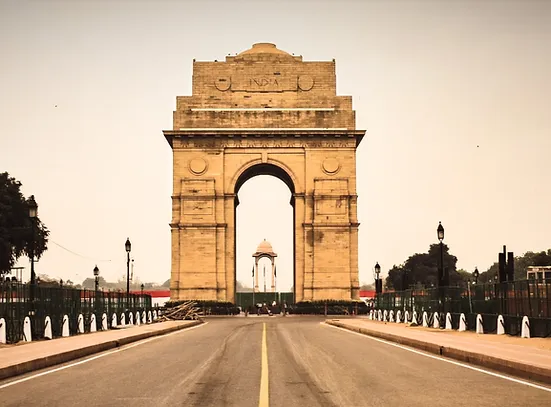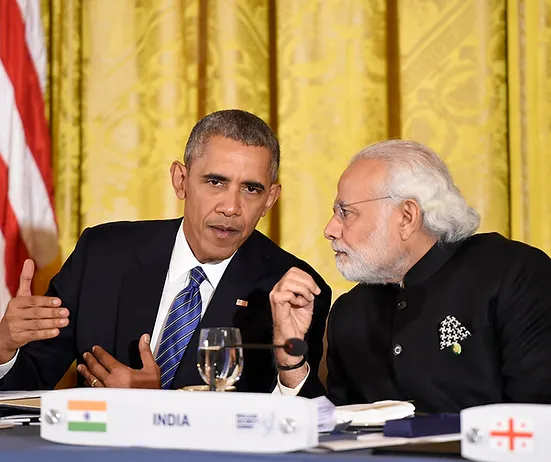Pathways deliver a deep dive into navigating the ideas and insights on new and rapidly growing India asset classes. In this Pathway we examine how India's loud, messy, chaotic democracy can overemphasise political risks for long-term investors.
By Arvind Chari, CIO
India's noisy democracy has long confounded investors. The world's largest election spectacle unfolds every five years with much fanfare. Campaign rallies overflow with colorful chaos. Results seemingly hand power to either pro-reform free marketeers or socialist state interventionists. The mood swings from optimism to anxiety overnight as ballots are counted.
Beneath the dramatic electoral spectacle lies an enduring continuity. Businesses have adapted to expect the unexpected from India's vibrant democracy. But informed investors have learned to see through the election drama and recognize India's steady incremental progress.
Governments come and go, but India's diverse economic ecosystem persists. The nation's growth trajectory depends not on the idols in New Delhi's corridors of power, but the billions of aspirations and actions of ordinary Indians that play out each day.
Crucially, what does this mean for investors and how should they look at India as a strategic allocation?
Explore how our two main strategies – India Value Equity and India Responsible Returns - are built on sound investment principles and follow a disciplined investing process.















